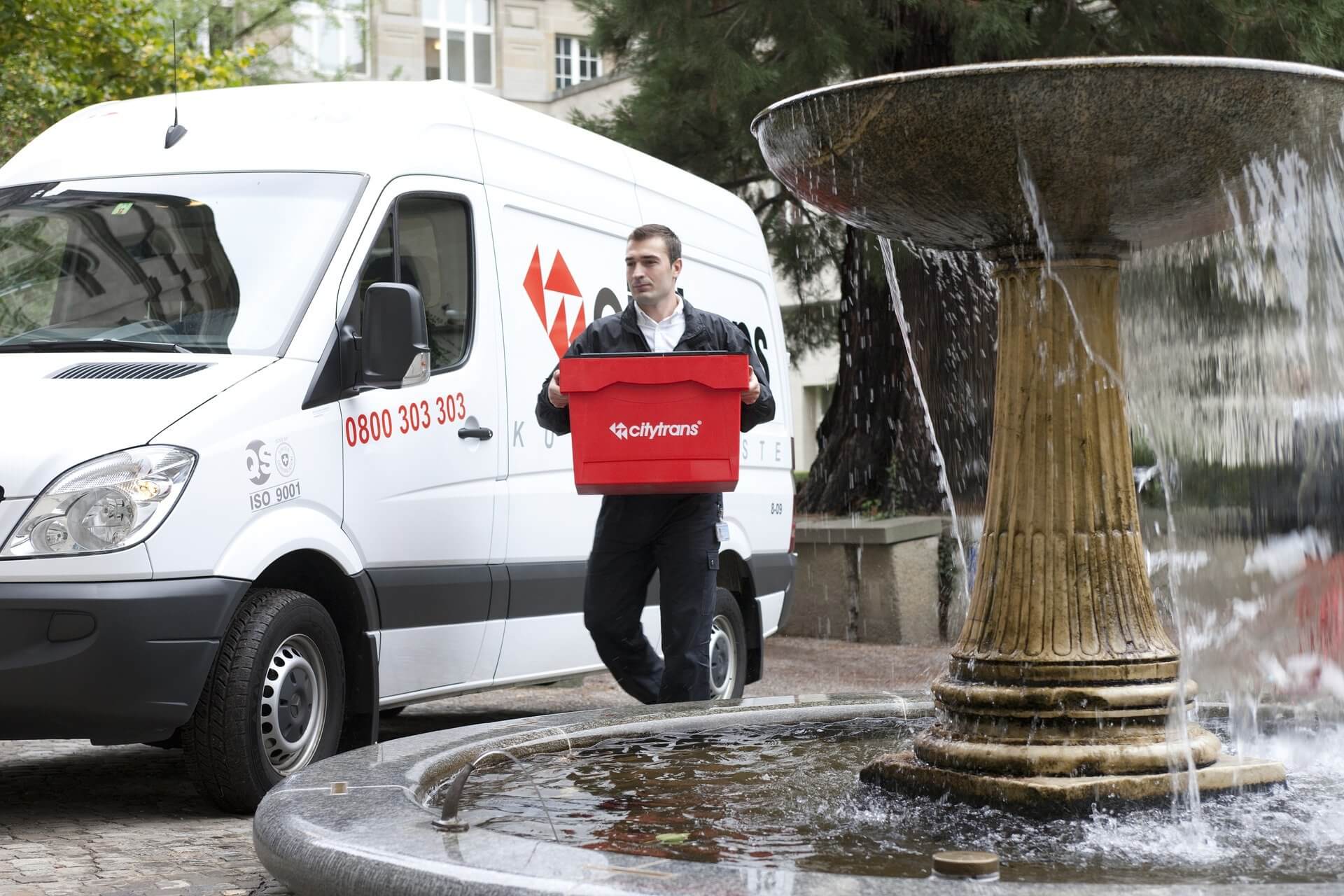GPS Tracking Laws in the UK for Company Vehicles Explained
Understanding company vehicle tracking and the laws around privacy can help you build a data protection strategy.
Good vehicle trackers make it easy to protect the data and send relevant information to the drivers to keep them updated. Follow the law and GPS trackers can be very helpful to improve your business.
We compare a range of fleet telematics systems that are industry standard, Thatcham S7 and police-approved (Secured by Design) to help protect your business. Compare now to get the best deals on vehicle tracking.
Using a vehicle tracking system helps improve business performance, but it can get your company in trouble if you’re unfamiliar with the privacy laws associated with trackers.
There are some important things you need to do to ensure your business uses fleet tracking legally. Discover the key legislation of GPS tracking and find out where you can get the right devices for your business.
Is a GPS tracker legal?
GPS tracking laws in the UK vary depending on how you use the tracker and who owns the vehicle.
- Tracking your own vehicle is perfectly legal. There are no laws against it.
- If you’re tracking company cars or fleet vehicles, let your employees know and make sure you’re complying with the Data Protection Act.
What is GPS vehicle tracking?
Vehicle tracking is the monitoring of vehicles and/or other moving assets. A vehicle tracking system uses a transmitting device in the vehicle together with a website or app and other data to show you where the automobile is on a live map, in real time.
GPS technology is a vital part of vehicle tracking. A GPS device is fitted inside a vehicle and linked to satellite receivers, which transmit the location of the car or van to a tracking provider. This then transfers the information to the device that displays the vehicle position for you.

Credit: Pixabay
What is GPS jamming?
GPS jamming is the process of using a device to block communications. Please be aware that your business cannot employ this. While it’s legal to buy GPS jamming devices, it’s illegal to use them. Under GPS tracking laws in the UK, you could face a £5,000 fine if you use a jammer.
Company vehicle tracking laws UK explained
As long as the following apply, it’s legal to track a company vehicle:
- The employee driving the vehicle is aware of the tracker and data it collects
- The employee consents to vehicle tracking being used
- Tracking is only used during work hours and personal use is not tracked
Do employees have to know about vehicle trackers?
GPS tracking law in the UK is clear. Employees must be aware of any vehicle trackers.
iCompario tip:
Help your employees understand company vehicle tracking and the law. Vehicle and car tracking aren’t just good for your business. Tracking can benefit your drivers too. Address concerns about privacy and follow the law by giving regular updates on what and how the data is being used.
What vehicles can be tracked in the UK?
If you own the vehicle or your company does and you inform the employee, then you can track any vehicle type according to UK GPS tracking laws.
Different vehicle types will need different types of trackers. Van tracking for delivery drivers and couriers may benefit more from accurate mileage, while HGV tracking needs a detailed report system.
What are UK vehicle tracking laws?
Vehicle tracking is legal in the UK, following certain conditions of some surveillance and data laws. The law that affects how you may track vehicles in the UK is GDPR (General Data Protection Regulation).
These laws cover all kinds of telematics including vehicle trackers and management systems.
iCompario tip:
You are allowed to track the vehicle, but not the person driving it. GPS tracking benefits your business and improves costs. But people have a right to privacy, so consent is needed and drivers should know what’s happening with the data. This intention is the key to all GPS tracking employees laws.
How vehicle tracking privacy laws work
Data protection laws let businesses know how to handle and store data. These laws also make it clear who needs to know about their data being used.
Employees want to know their data is safe. Mishandling or misusing data will break UK vehicle tracking privacy laws.
GDPR and its impact
UK GDPR affects all businesses—big and small. The law lets businesses know how to handle data and what data can be collected. For the full details, see the ICO (Information Commissioner’s Office) guidance on GDPR.
How to follow GDPR in regards to vehicle tracking
In short, UK businesses should keep these things in mind when following GPS tracking laws including GDPR:
- Fairness and transparency: The vehicle tracker should collect fair data and avoid personal data.
- The driver: They should be kept informed about the data collected and how it’s used.
- Any changes: If you update the trackers or start collecting more data, consent will be needed once again.
- Limit storage time: Data should be held for as long as the business needs it, then removed.
- Protect the data: Data gathered from vehicle tracking should be protected against unlawful or unauthorised access, destruction or damage.
GDPR was created in the EU. However, the UK government created UK GDPR during the transition period. This law is like the EU version in how it works and is in effect as the first major vehicle tracking employees laws in the UK.
iCompario tip:
Store your dash cam data with your vehicle trackers. Get a fleet telematics system with dash cam integration. Using this system, businesses can check their camera video alongside their tracking data. This puts important data into one, so you have less systems to keep an eye on and fewer logins to worry about.
What is the Data Protection Act?
The Data Protection Act 1998 was replaced by GDPR in 2018. It is no longer in effect. Businesses should look at GDPR and consider data protection training to ensure their employees understand their responsibilities.
What is the Human Rights Act?
Article 8 protects “your [the employee’s] right to respect for your private life, your family life, your home and your correspondence (letters, telephone calls and emails, for example)”.
It is illegal for your business to misuse personal data obtained through data such as vehicle tracking because of GPS tracking laws in the UK.
What GPS tracker should I get?
Getting a GPS vehicle tracker with good security features and a management system can help you follow company vehicle tracking laws in the UK.
Here are just some of the vehicle trackers features you should look for:
- Driver app: Share the tracker data with your drivers easily by giving them an account. Apps can let them check their data and performance from their phone whenever they’d like.
- Management systems: Create an account. Add and remove drivers as needed to comply with GDPR.
- Driver key fobs: Improved security for company vehicles and fleets can help to prevent theft and ensure data protection.

